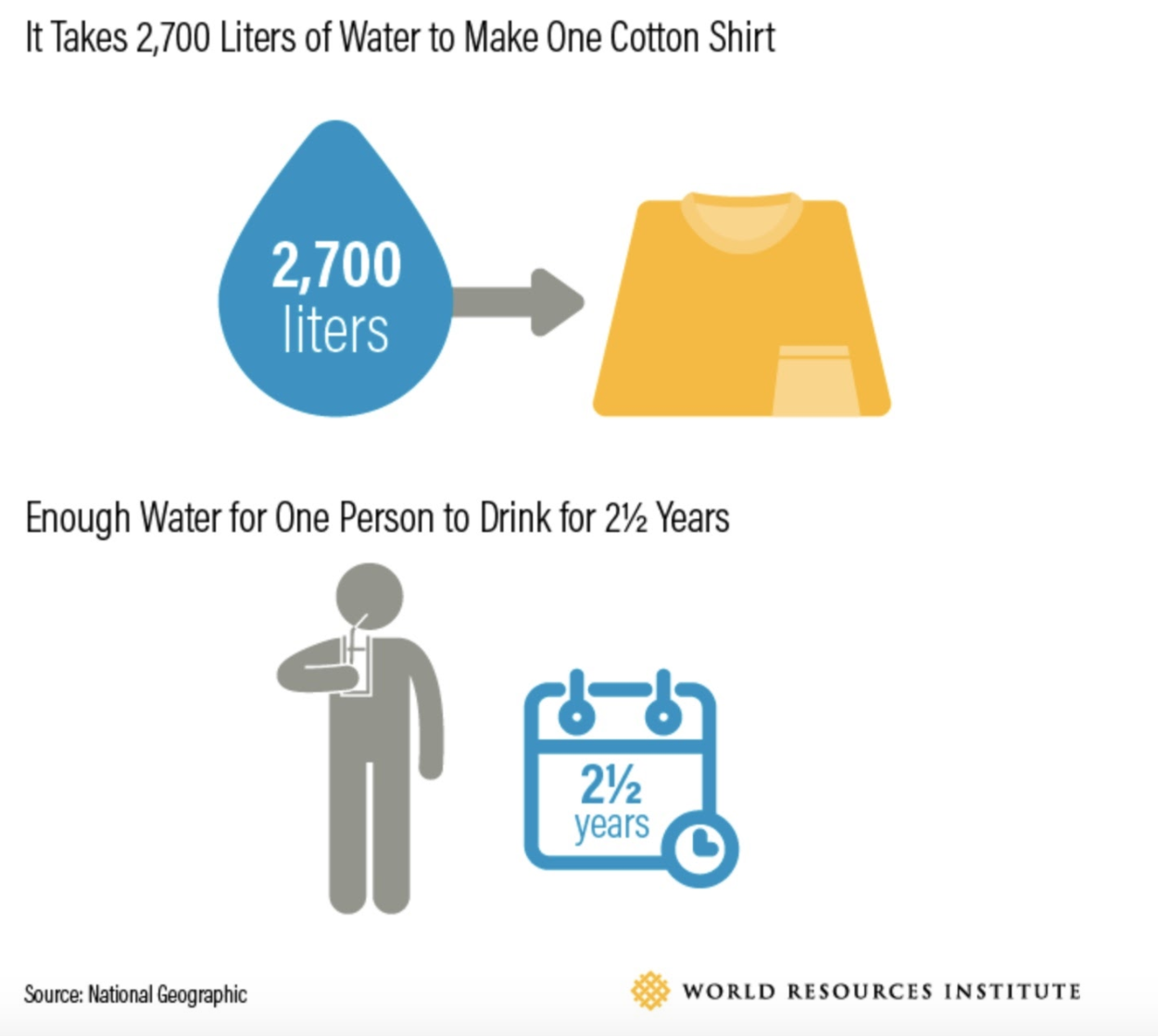
Have you ever stopped to truly look at your daily environment—your room, the kitchen, the things that serve you every day? It has become a mass habit to do things unconsciously, such as throwing everything into a trash bin, using water whenever we want, and quickly buying the cheapest and easiest food. Research has shown that by applying practices of mindfulness to our daily decisions, we not only promote our own mental wellness by adding meaning to daily activities, but also better equip ourselves to make environmental decisions.
Here Are 3 Habits to Form:
- Respect and be purposeful with the items you use; each comes from the effort of hundreds of people, and has a long lineage of materials that can be traced back to the earth. Reduce unnecessary purchasing by reusing or sharing with others.
- Try slowing down, especially before each habit. Pause a moment before turning on the water, throwing away extra food, or using plastic. This will help to reduce automatic thinking and build your capacity to be present in the moment and make conscious decisions.
- Participate in conscious buying. When shopping, take time to read labels and understand how it was made and what effect it has on persons and the environment. Find alternatives to plastics and toxic products. This takes research and practice. With all mindfulness methods, you will find that by growing this awareness and responsibility, you will gain a clearer sense of your relationship to your immediate and larger environments.
By doing these things over time, you will slowly grow a greater sense of peace and confidence. Remember, having environmental mindfulness focuses on appreciation for what we have with the goal of growing confidence in our choices and responsibility to take care of ourselves and our world. Now is the time to engage in a relationship with your environment and form habits that conserve and replenish our earth.
